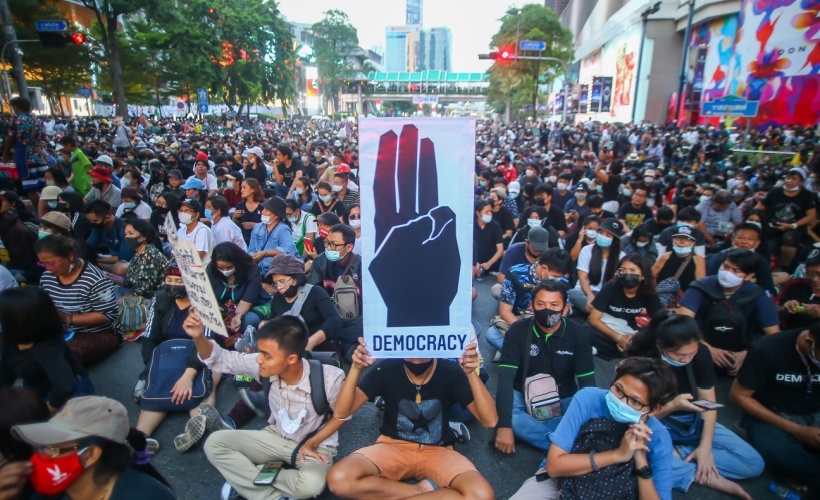The Association of Southeast Asian Nations is divided over how to respond to Russia’s invasion of Ukraine. On the margins, Singapore is taking a forceful stance against the invasion while Myanmar’s military regime essentially backs Russia.
However, the region is also rather united in refusing to take sides on the issue. This has resulted in a ‘lowest common denominator’ position which is starkly at odds with ASEAN’s supposed cast-iron commitment to sovereignty and non-interference, and which also diverges from the position sought by ASEAN’s Western partners.
This outcome is not the result of Russian power or disinformation: Russian influence in Southeast Asia is very limited and confined to arms sales to just a few ASEAN states. Rather, it reflects ASEAN elites’ strategic outlook, which emphasises omnidirectional diplomacy and equipoise between the great powers, their scepticism of NATO’s crusade to isolate Russia internationally, and their wish to see an off-ramp to the conflict. Above all, even the most Western-aligned ASEAN states reject Western efforts to construct a new Cold War, including by bracketing Russia and China together or rallying ‘democracies against autocracies’. De-escalating geopolitical tensions is their urgent priority.
Speakers:
Professor Lee Jones, Queen Mary University of London
Chair: Professor William Hurst, Centre for Geopolitics







